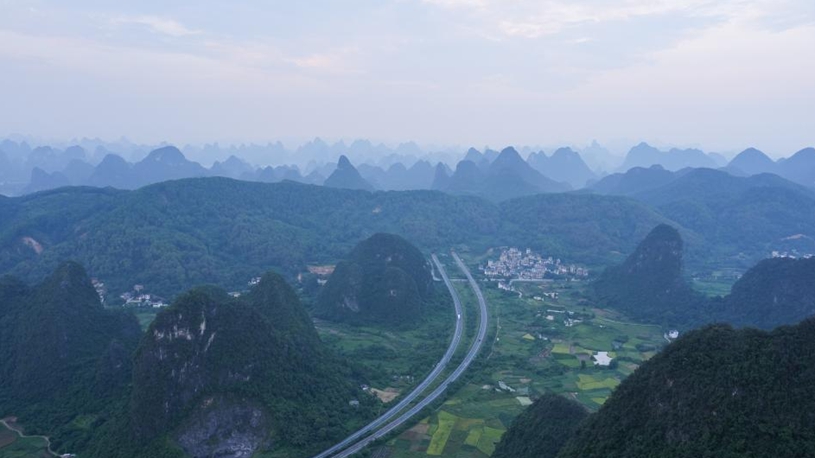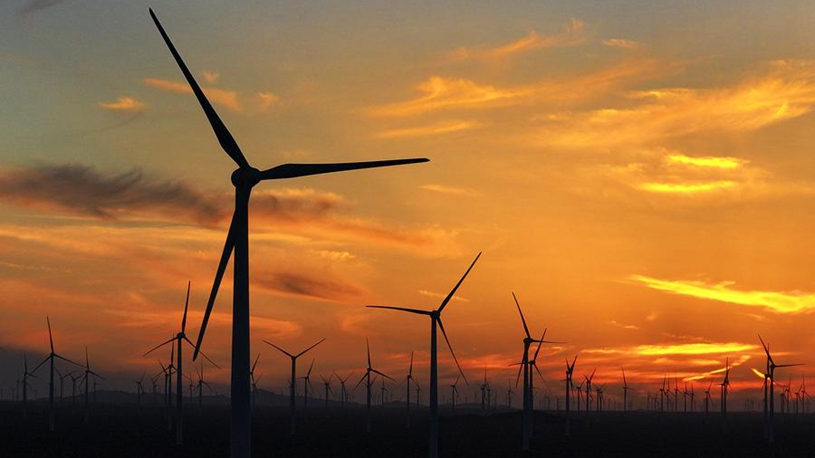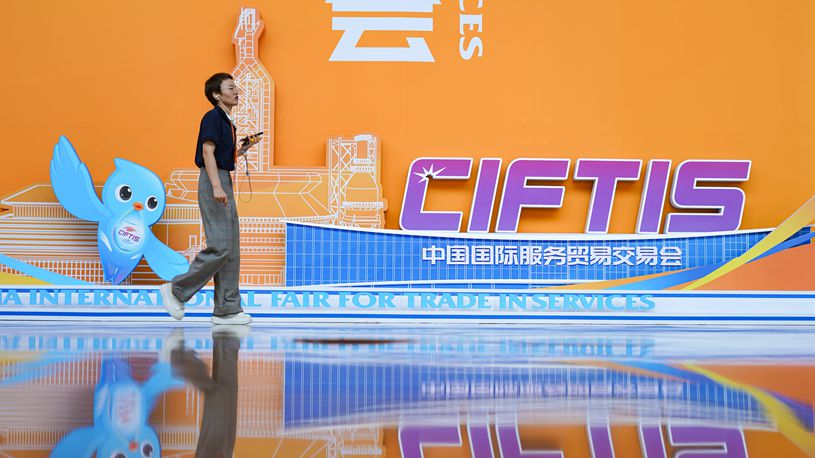In 2022, bilateral debt owed to China accounted for only 0.7 percent of LAC's total external debt stocks (excluding high-income countries), with China's major debtor countries in the region like Ecuador, Brazil, and Argentina owing approximately 6.8, 0.6, and 1.2 percent, respectively, according to the World Bank.
BEIJING, Sept. 14 (Xinhua) -- As China and Latin America and the Caribbean (LAC) countries continue to deepen their comprehensive cooperative partnership, the West has been hyping up so-called "debt trap" resulting from Chinese loans, in what experts described as an attempt to disrupt normal cooperation between the two sides.
The "debt trap" narrative promoted by Western powers against China "is highly hypocritical," Honduran Vice Foreign Minister Gerardo Torres told Xinhua in a recent interview on the sidelines of the inaugural China-Latin America and Caribbean (LAC) Development Forum in Beijing.
PASSING THE BUCK
Noting that China-LAC win-win cooperation aligns closely with the region's development needs, Torres said Western countries lack the moral stand to criticize the so-called "debt trap," given their historical role as major creditors to the region.
"For decades, Western nations have imposed their financial criteria through loans that never led to true development," he said, referring to the mega-dollar debts owed by LAC countries to Western loaners.
In the 1980s, after years of easing, the United States abruptly tightened its monetary policies, escalating external debt risks for LAC countries focusing on industrialization. Mexico's default marked the beginning of a wave of crises across the region, culminating in a "lost decade."
In 1989, under the pretext of aid, the U.S. introduced the "Washington Consensus," a set of economic policies that pushed LAC countries to adopt neoliberal reforms like deregulation, privatization, and financial liberalization in exchange for loans from the International Monetary Fund and the World Bank.
The premature opening of capital accounts left the region vulnerable to external shocks, leading to subsequent crises, including the Mexican peso crisis in 1994, the Brazilian financial crisis in 1999, and the Argentine debt crisis in 2001. Meanwhile, aggressive privatization deepened inequality across the continent.
Pedro Barros, a researcher at Brazil's Institute for Applied Economic Research, labeled the Western promotion of the "debt trap" narrative as a rhetorical device.
"For decades, Western countries misused financial tools, undermining democracy and development in LAC. Now, they accuse China of doing the same," Barros said. "But the abuses in the past weren't about the loans themselves -- they stemmed from a colonial mindset that persisted for centuries."
FOCUS ON SUSTAINABLE GROWTH
China's financial engagement has helped LAC and other developing countries meet critical infrastructure needs, and build self-sufficiency, which also reflects the inefficiency and dysfunction of traditional international financial institutions, Barros said.
According to the China-Latin America Finance Database, loans from China from 2005 to 2023 have largely supported infrastructure projects in LAC.
"Chinese financing has been vital for regional growth. Ecuador, for example, once reliant on electricity imports, now has multiple hydropower plants built with China's help, significantly reducing power shortages," he said.
Gonzalo Gutierrez, secretary-general of the Andean Community, said that China is not only providing loans but also making direct investments, which have been widely welcomed in the region.
"Direct investments are crucial because they create jobs, drive economic growth, and foster greater complementarity," he said.
A report by Latin America and the Caribbean Network on China, a network of studies and research on China in LAC, revealed that China-aided infrastructure projects in the region have generated over 777,000 jobs between 2005 and 2023.

PATIENT CAPITAL
China-LAC financial cooperation, as an example of South-South collaboration, embodies the principles of solidarity and mutual benefit, said Yue Yunxia, deputy director of the Institute of Latin America of the Chinese Academy of Social Sciences.
"Western loans often require LAC countries to implement political, economic, and social reforms aligned with Western standards, reinforcing dependency. In contrast, China's loans focus on shared development goals without imposing political conditions," Yue said.
She stressed that despite the significant increase in Chinese lending over the past two decades, these loans do not pose debt risks for borrowing countries.
In 2022, bilateral debt owed to China accounted for only 0.7 percent of LAC's total external debt stocks (excluding high-income countries), with China's major debtor countries in the region like Ecuador, Brazil, and Argentina owing approximately 6.8, 0.6, and 1.2 percent, respectively, according to the World Bank.
The so-called "debt trap" was further challenged by a report from Boston University's Global Development Policy Center, which described China's loans as "patient capital" -- long-term financial options that boost connectivity, enhance trade, and attract investment.
"U.S. policymakers should refrain from using the term 'debt trap diplomacy' due to its conceptual issues, lack of empirical basis, and the fact that the rise in Chinese finance has highlighted a legitimate need for more finance to address financing and infrastructure gaps in EMDEs (the emerging markets and developing economies)," said the report.■










